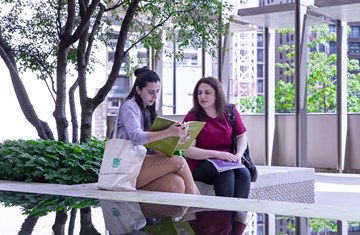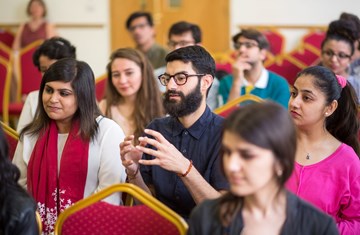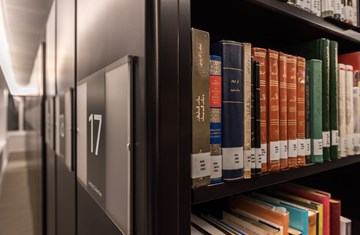Oral History Project
Oral History Project
As a part of the IIS’ heritage stewardship initiatives, the Oral History Project by the Ismaili Special Collections Unit (ISCU) is dedicated to the documentation, preservation, and dissemination of local histories, representing the intangible cultural heritage of the diverse Ismaili communities worldwide.

Through recorded life story interviews, the project endeavours to capture the regional, linguistic, ethnic, and gender diversity prevalent within the global Jamats, alongside its diverse faith traditions.
Focus and objectives
Employing oral history as a research methodology allows for the documentation of memories, narratives, and experiences shared by individuals who have been privy to, witnessed, and actively participated in significant events within their contemporary history. In the digital era, oral history has evolved to become a more efficient tool for the collection, curation, and dissemination of human voices and associated heritage materials, utilizing a range of media formats.
Interviews conducted
Countries covered
Languages covered
The ISCU's Oral History Project is committed to preserving the narratives of significant events and societal change, as well as the intangible cultural heritage encompassing oral traditions, devotional literature, languages, performing arts, rituals, festivals, and indigenous crafts and traditions intrinsic to the diverse Ismaili communities globally.
The primary objective is to document the geographical, linguistic, and historical diversity inherent within these communities, preserving them within a digital archive accessible to academia for research and publications. Select interviews are disseminated through accessible mediums such as articles and podcasts, with long-term aspirations to contribute to curriculum development and the creation of educational resources by the IIS.



